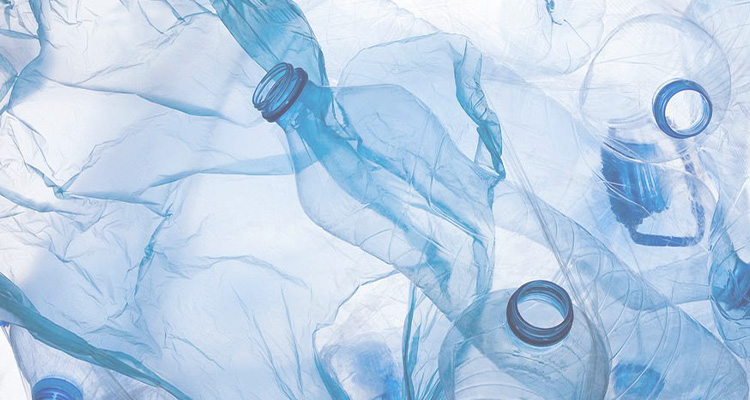With the increasing use of plastic bottles worldwide, the waste generated has had a serious impact on the Earth’s environment and marine ecology:
1. Marine pollution:
Many plastic bottles eventually flow into the ocean, causing ocean pollution. The decomposition of plastic bottles takes hundreds of years, which not only damages marine ecosystems but also causes harm to marine organisms. Marine organisms may ingest plastic particles, leading to physiological problems and even death.
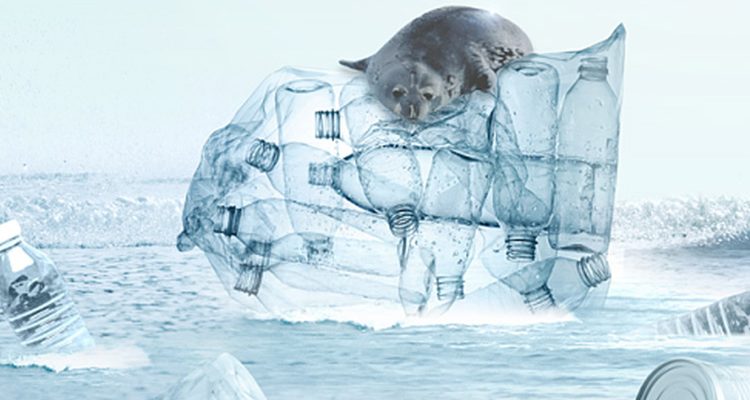
2. Invasion of organisms and ecology
As plastic bottles decompose in the natural environment, the chemicals produced (such as bisphenol A and phthalates) may accumulate in the food chain and eventually be brought to the table, affecting human health; Toxic and harmful substances can also enter soil and water bodies, affecting the survival of plants, animals, and microorganisms, and disrupting ecological balance.
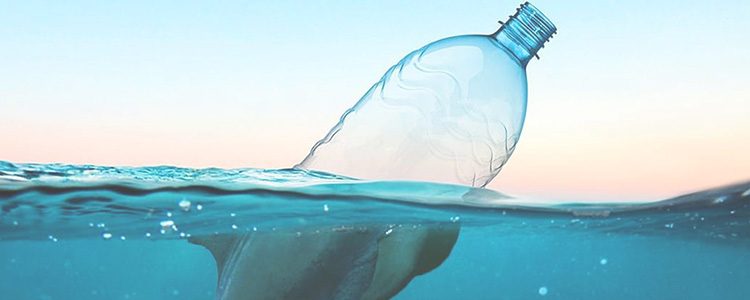
3. Resource consumption:
Producing plastic bottles requires a large amount of oil and energy, which not only consumes limited natural resources but also generates greenhouse gases, exacerbating global warming.
In order to reduce the impact of plastic bottles on the environment and marine ecology, the government and public welfare organizations advocate reducing the use of plastic bottles, promoting recyclable and biodegradable alternatives, and strengthening the recycling of discarded plastic bottles to achieve environmental and sustainable goals.
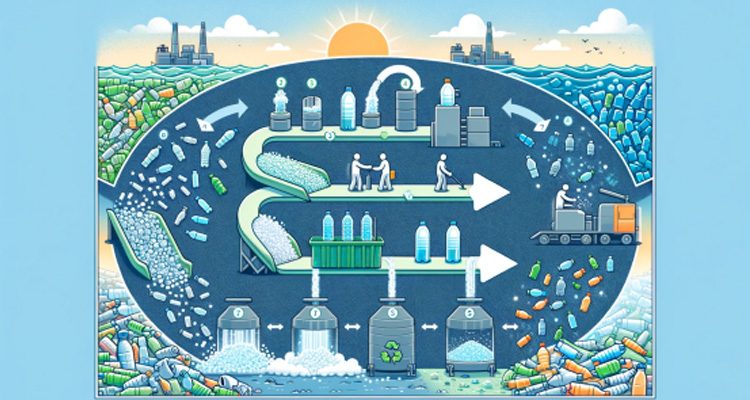
After being recycled, discarded plastic bottles can be made into clothing, furniture, textiles, shoes, tents, backpacks, car interiors, various packaging materials, etc. Their application scope is constantly expanding. With the advancement of technology and the increasing demand for environmentally friendly products from consumers, there may be more new fields and products in the future that use this recycled fiber material.
In the process of remaking these products, a large amount of sewing work is required, and as the main material for sewing – sewing thread, it also needs environmentally friendly materials from the same source or grade. Regenerated polyester sewing thread was born under such application background requirements.
In order to ensure that product materials are strictly produced according to the utilization rules and production standards of recycled materials, the Global Recycle Standard (GRS) has emerged; GRS is an international certification standard used to verify the content of recycled materials in products and their impact on the environment and society throughout the entire production process. GRS certification aims to enhance the transparency of products, ensure the accuracy of claimed recycled material content, and promote good social, environmental, and chemical management practices, typically applicable to textiles, clothing, and other products containing recycled materials.
Our company produces recycled series polyester sewing thread and cored sewing thread, all of which are sourced from strictly certified raw material suppliers, while also possessing cost advantages and quality stability. Absolutely free of residual heavy metals such as lead, cadmium, mercury, and other carcinogenic substances (such as BPA);
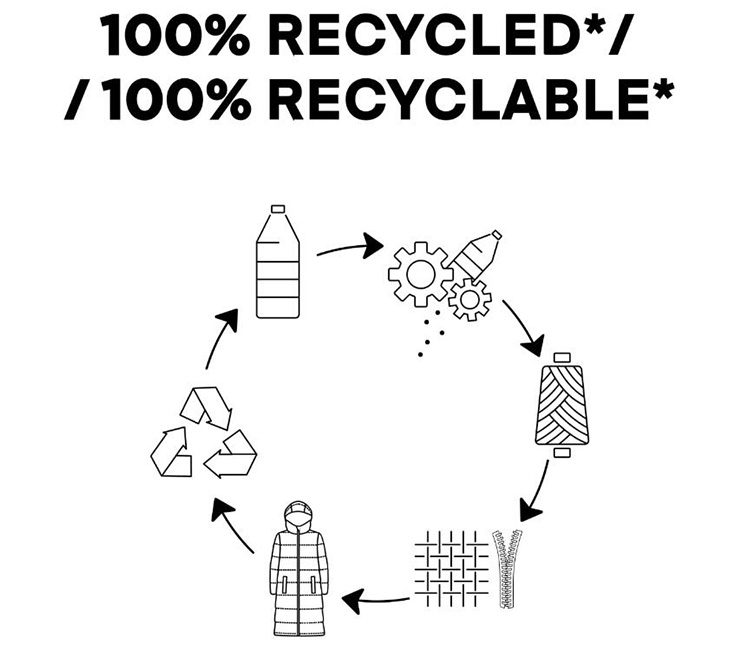
We value the interests of our customers and guarantee that we will never sell sewing threads made from high-grade or relatively low-cost raw polyester fiber materials to the market, claiming to be recycled and environmentally friendly products. Therefore, our company’s products have both GRS regeneration certification and OEKO-TEX STARD 100 certification. For official inquiries on relevant certificates, please refer to the following link:


